Food is an essential part of human life, serving not only as fuel for the body but also as a cornerstone of culture and social interaction. Throughout history, the variety of food that humans consume has evolved, influenced by geography, climate, and cultural preferences. In today’s fast-paced world, food is no longer just about sustenance; it’s a symbol of identity, a source of pleasure, and a significant factor in overall well-being. This article explores the importance of food in health, its cultural significance, and how it can shape societies.
The Relationship Between Food and Health
The food we consume directly impacts our health. Eating a balanced diet provides the necessary nutrients our bodies need to function optimally. These nutrients include carbohydrates, proteins, fats, vitamins, and minerals, each playing a vital role in maintaining bodily functions. Carbohydrates provide energy, proteins are essential for muscle and tissue repair, fats help in the absorption of vitamins, and vitamins and minerals support immune functions, bone health, and more.
An increasing body of research has shown that a diet rich in fruits, vegetables, whole grains, lean proteins, and healthy fats can significantly reduce the risk of chronic diseases like heart disease, diabetes, and certain cancers. Conversely, diets high in processed foods, sugary drinks, and unhealthy fats can contribute to obesity, high blood pressure, and other metabolic disorders.
One of the most significant health trends in recent years is the shift toward plant-based diets. Plant-based foods, such as vegetables, fruits, legumes, and grains, have been shown to have numerous health benefits. They are typically lower in calories and fat, higher in fiber, and rich in antioxidants, which protect against cell damage. Studies suggest that adopting a plant-based diet can reduce the risk of heart disease, improve digestion, and promote weight loss.
Moreover, food is not just about physical health; it also influences mental well-being. Research has established that certain foods, like those rich in omega-3 fatty acids (found in fish and nuts), can improve mood and cognitive function. A balanced diet, rich in vitamins and minerals, can help reduce the symptoms of anxiety and depression, highlighting the mind-body connection.
Cultural Significance of Food
Food holds profound cultural significance. It is deeply intertwined with tradition, identity, and social customs. Every culture has its unique culinary practices, and the preparation and consumption of food often play a central role in social gatherings and celebrations.
For instance, in many Mediterranean countries, food is a communal experience. Meals are often shared with family and friends, and the food itself reflects the values of the culture—simplicity, freshness, and a connection to the land. Mediterranean cuisine, rich in olive oil, fresh vegetables, and fish, is not only celebrated for its taste but also for its health benefits, contributing to the region’s lower rates of heart disease and obesity.
In contrast, food plays a central role in the celebration of holidays and religious events around the world. From the elaborate feasts of Thanksgiving in the United States to the sacred fasting and feasts during Ramadan in Islamic cultures, food rituals are often deeply embedded in religious and cultural practices. These traditions serve as a way to express gratitude, reinforce community ties, and reflect on spiritual beliefs.
Moreover, food can be a reflection of a society’s history. The fusion of different cuisines throughout the world is often a result of migration, colonization, and trade. For example, in Latin America, the combination of indigenous ingredients with European and African influences has resulted in a rich and diverse culinary landscape. In many places, food serves as a reminder of past struggles and triumphs, offering a sense of continuity and cultural pride.
Food in Modern Society: Convenience vs. Quality
In modern society, food has become more accessible than ever before. The rise of fast food chains, online grocery shopping, and pre-packaged meals has made it easier for people to obtain food quickly. However, this convenience comes at a price. The prevalence of fast food and processed meals has contributed to unhealthy eating habits, leading to an increase in obesity rates and diet-related diseases.
Fast food, although convenient, is often high in unhealthy fats, sodium, and added sugars, contributing to an increased risk of heart disease, diabetes, and other metabolic conditions. While these foods may provide quick energy, they lack the essential nutrients needed for long-term health.
The modern obsession with convenience has also led to a disconnect between people and their food. In many urban areas, people no longer grow their own food or even visit local markets to purchase fresh produce. Instead, they rely on supermarkets and packaged goods, which often come with a high environmental cost due to over-packaging and the carbon footprint of transporting goods across long distances.
In response to these trends, there has been a growing movement toward sustainable eating. Many people are now choosing to buy locally grown food, support small-scale farmers, and reduce food waste. This shift is not only beneficial for health but also for the planet. By embracing sustainable food practices, individuals can reduce their environmental impact while supporting local economies.
The Future of Food
Looking to the future, food production and consumption are likely to undergo significant changes. As the global population continues to grow, there will be increasing pressure on food systems to provide enough nutritious food for everyone. dewaslot69 may lead to innovations in food technology, including lab-grown meats, plant-based alternatives, and vertical farming.
Lab-grown meat, for example, promises to reduce the environmental impact of traditional meat production, which is a leading cause of deforestation, water usage, and greenhouse
gas emissions. Plant-based alternatives to meat are already gaining popularity, as they offer a more sustainable and healthier option for consumers concerned about animal welfare and environmental sustainability.
Moreover, with the growing awareness of food waste, there is likely to be more emphasis on circular food systems, where food scraps are repurposed into new products, reducing waste and promoting sustainability. Technologies that allow for the better preservation of food and more efficient distribution will also play a role in addressing food security in the coming decades.
Conclusion
Food is much more than just a means of survival; it is an integral part of our health, culture, and daily lives. It nourishes the body, influences mental well-being, and reflects cultural values and traditions. While modern society has made food more accessible, it has also created challenges in terms of health and sustainability. By embracing healthier eating habits, understanding the cultural importance of food, and supporting sustainable practices, individuals can contribute to a better future for themselves and the planet.
The Role of Food in Health and Culture
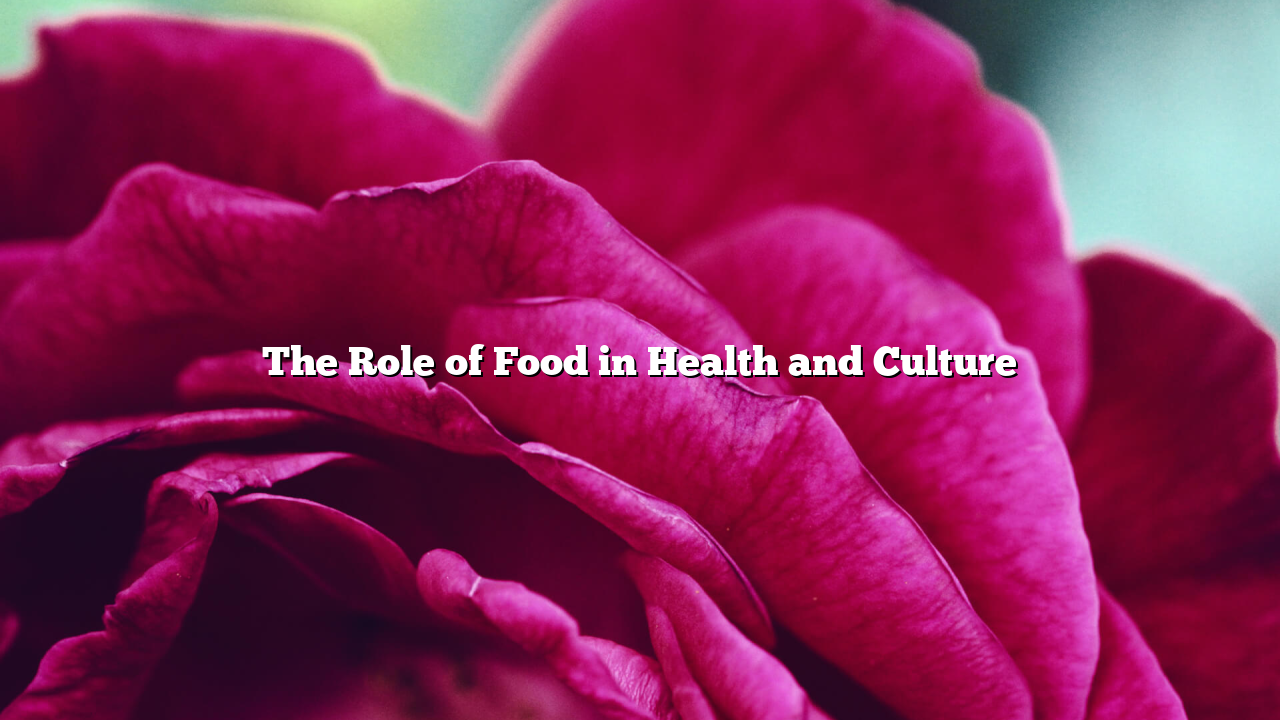
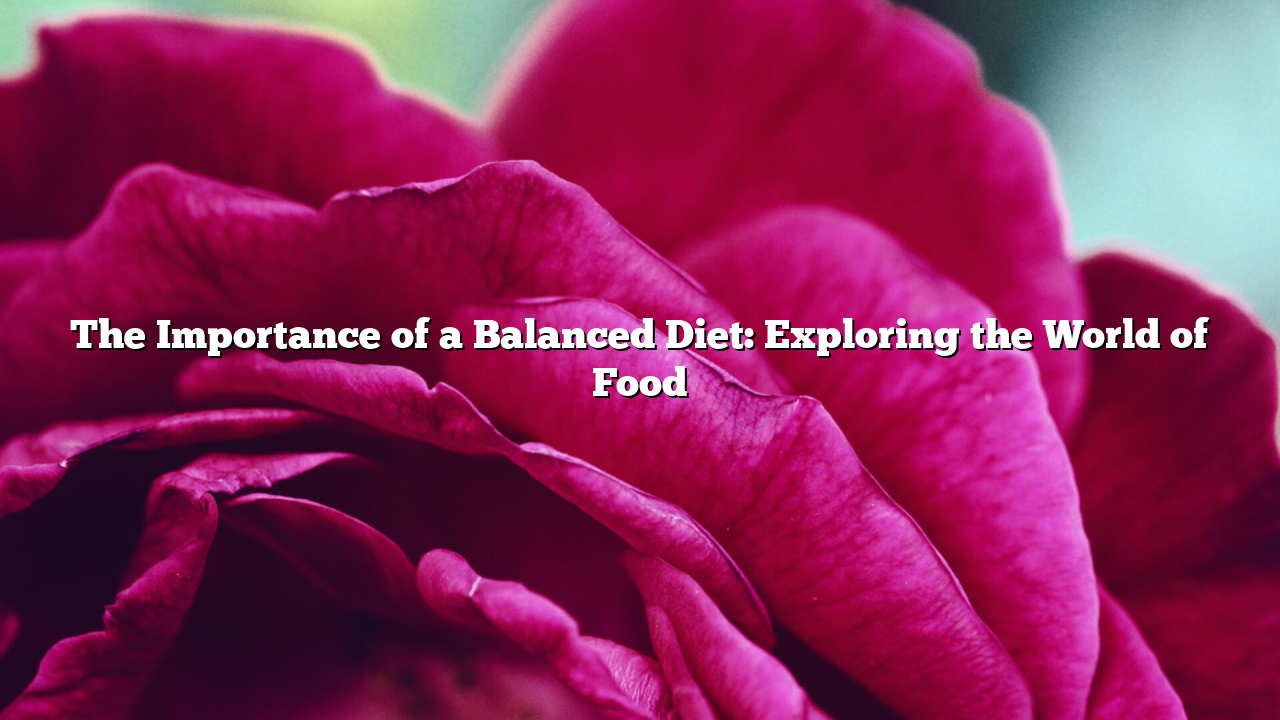
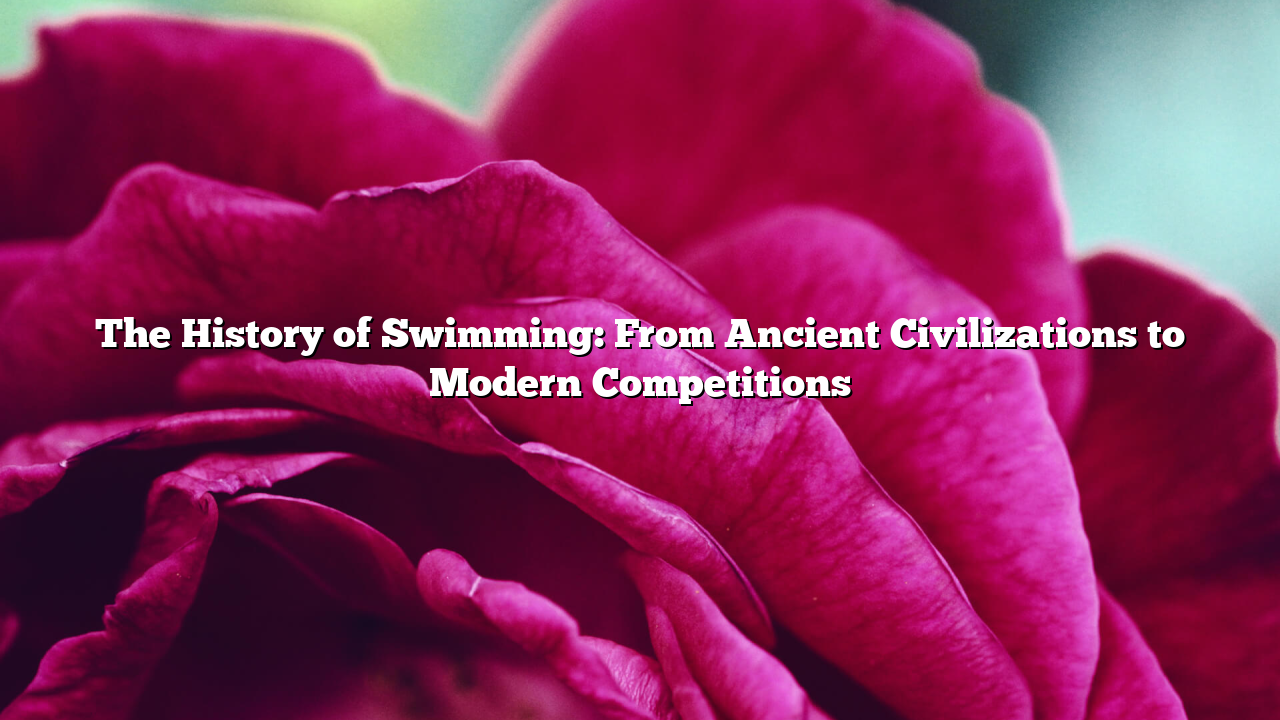


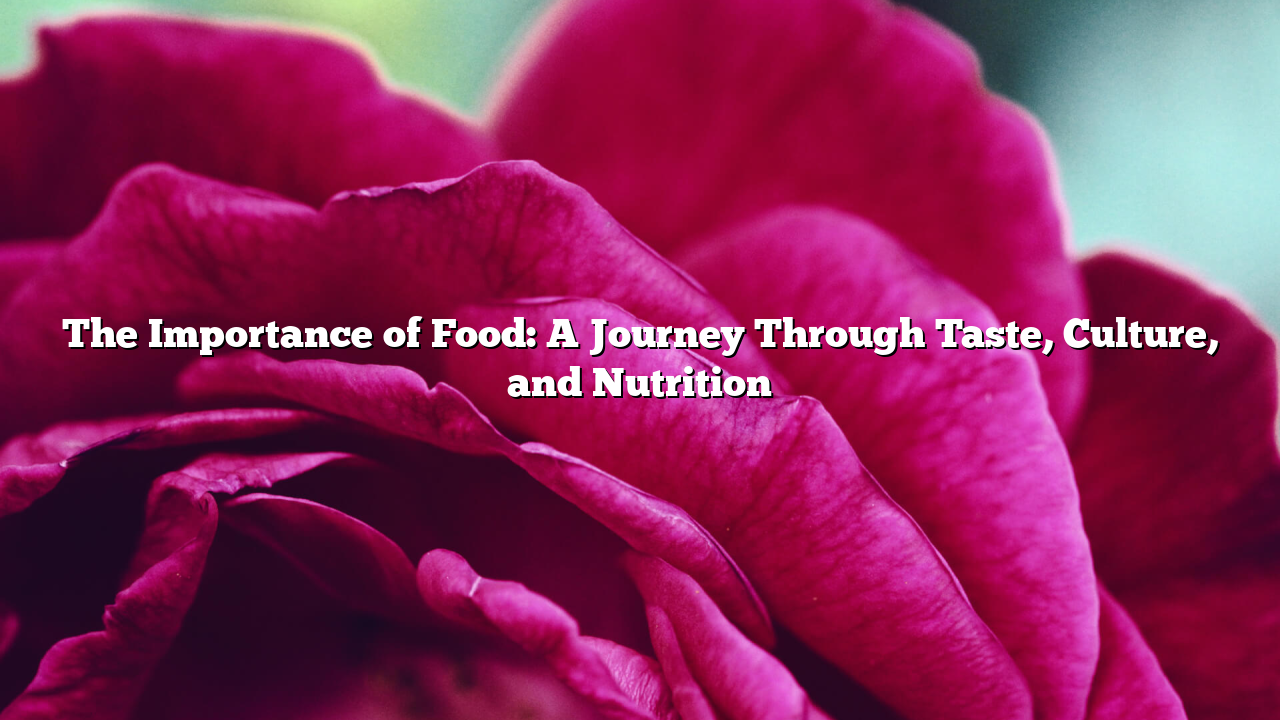
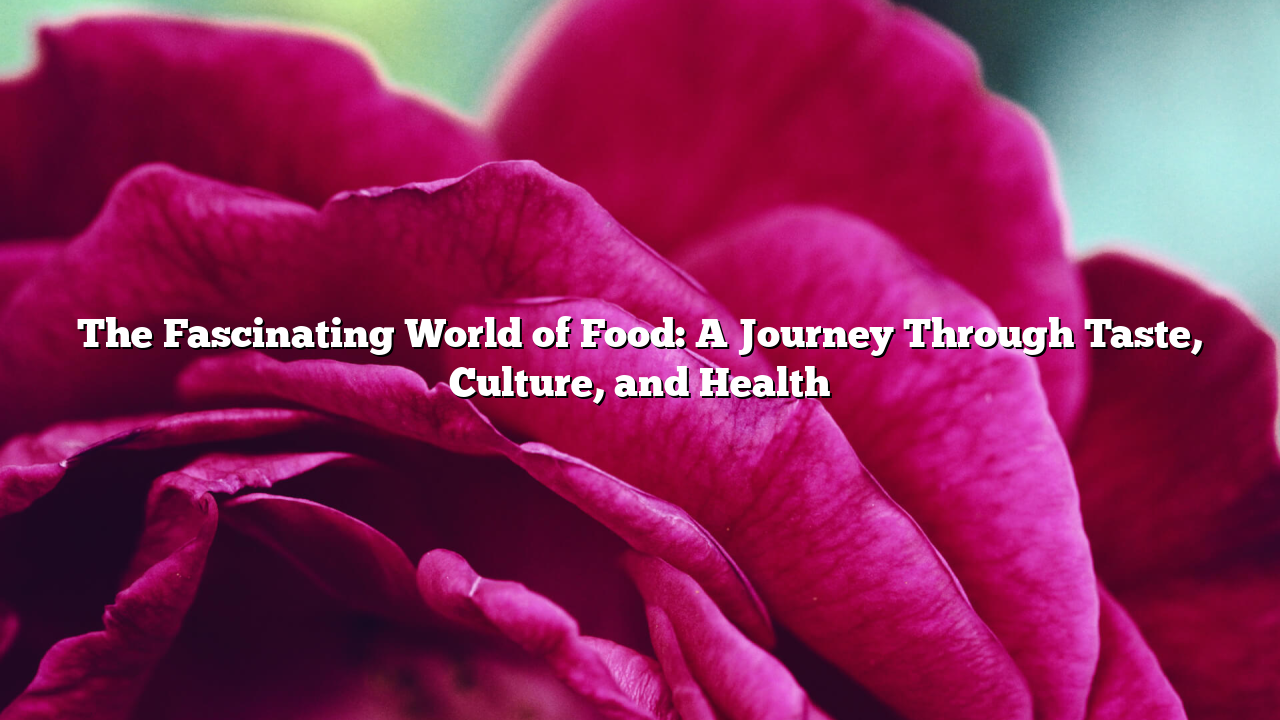


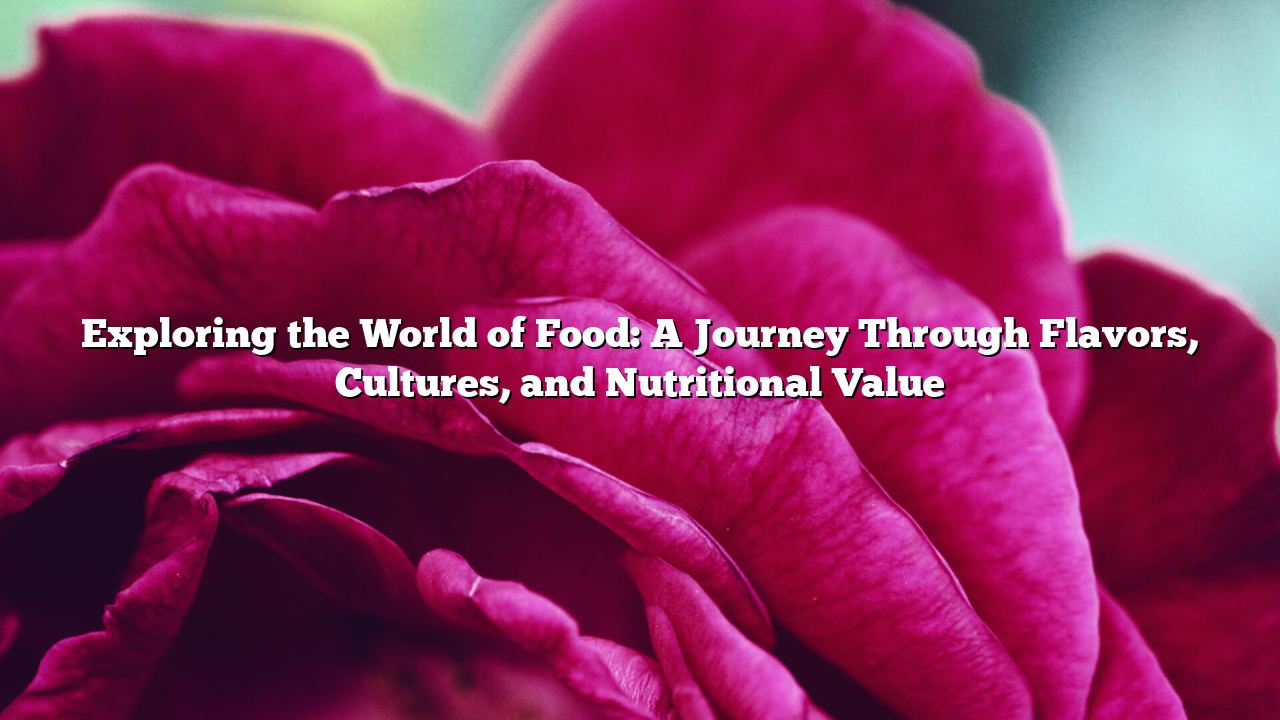
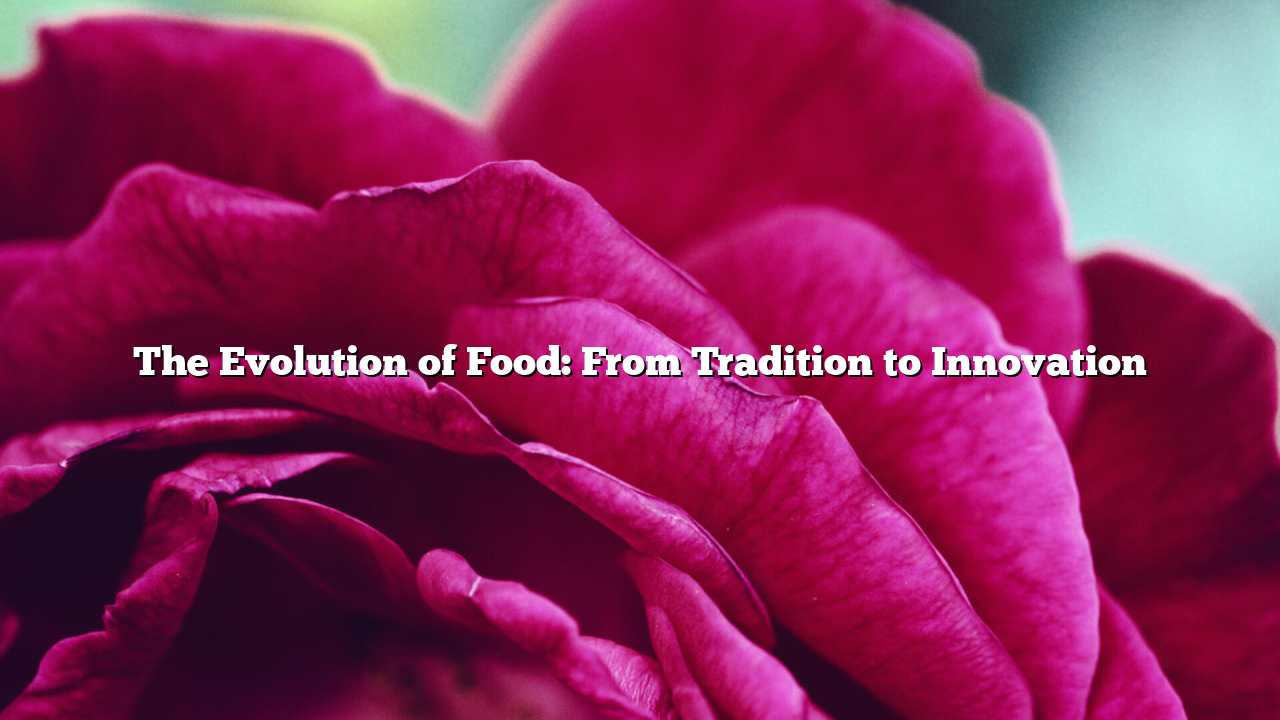
Leave a Reply